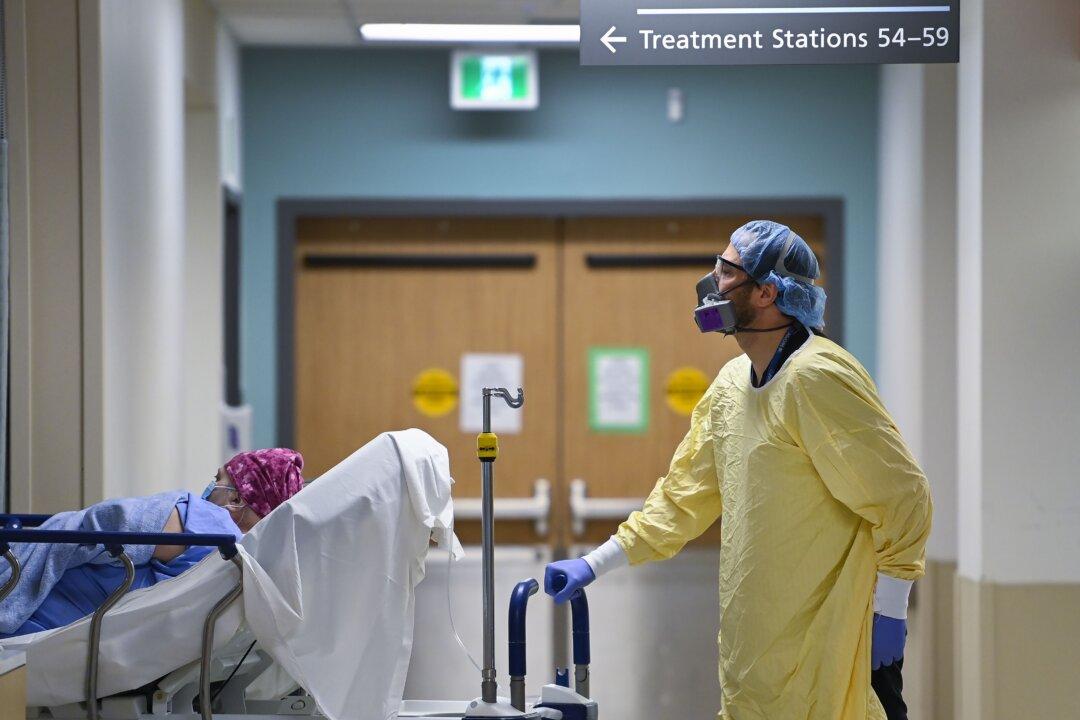Canadian patients experienced the longest wait times for medical treatment on record last year, with median delays reaching an unprecedented 30 weeks.
The typical duration that Canadians waited—between receiving a referral from their family doctor to consulting with a specialist and beginning treatment—was 30 weeks, according to a study from the Fraser Institute.





